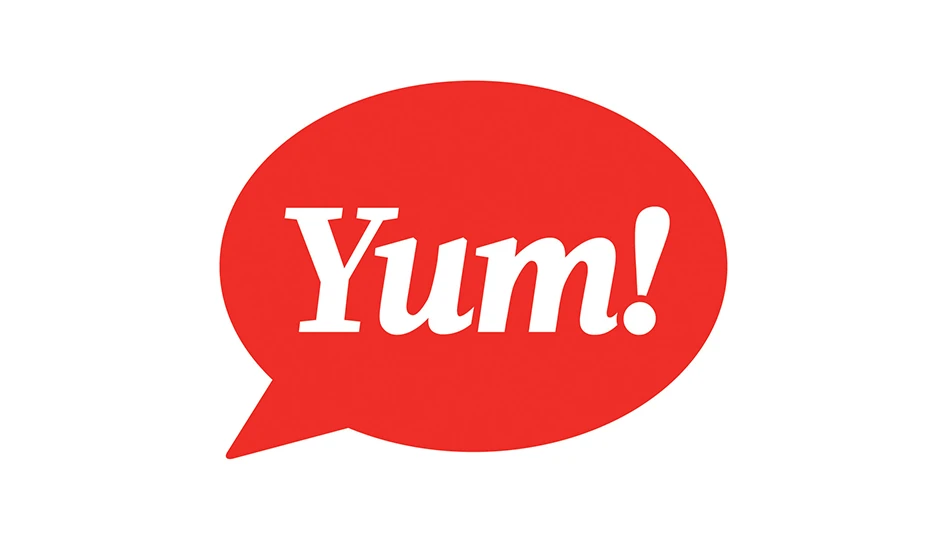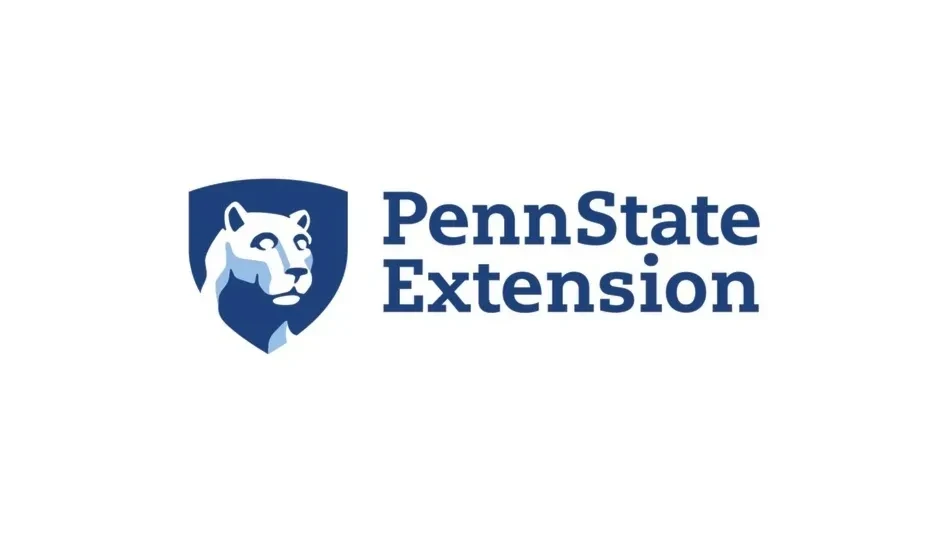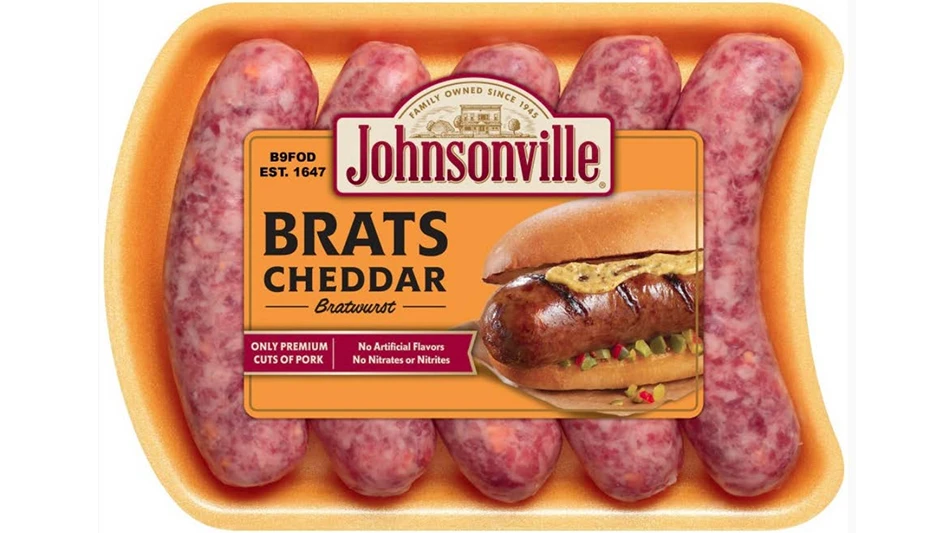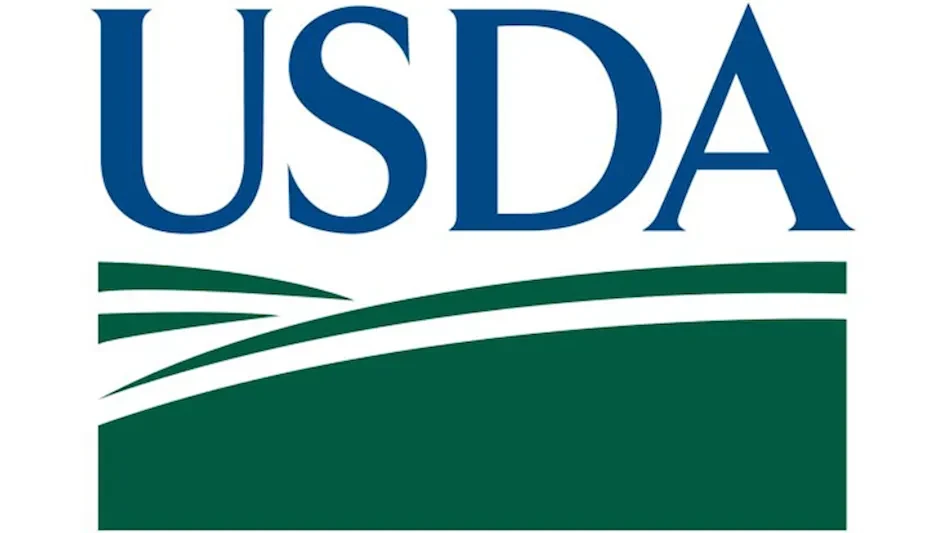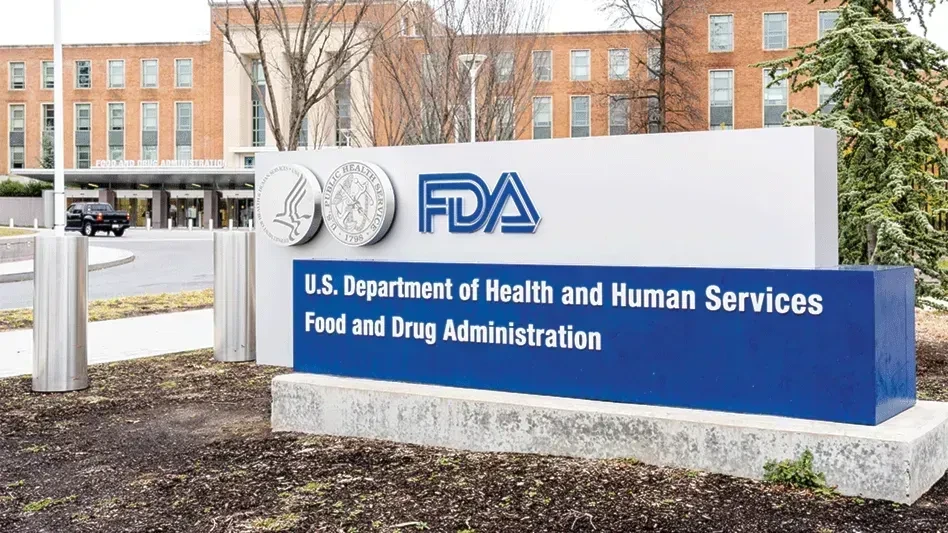

Food authenticity is a large term that holds many implications. A restaurant may advertise “Authentic Italian Recipe” or “Authentic Mexican Ingredients.” Shoppers often look for foods with “real cheese” or drinks made with “real fruit juice.” Consumers today, however, are looking for deeper meanings with the idea of authenticity.
FOOD QUALITY. One aspect of food authenticity is food quality, which involves processes to support consistent manufacturing specifications (density, color, smell, texture, viscosity, etc.) and consumer-desired premium-end products. Nobody wants bruised fruit or to taste food that does not satisfy the quality they expected or hoped for.
A consumer’s perception of quality could be based on where the food is from, the brand behind the food, and even the store from which the food is purchased.
FOOD SAFETY. Consumers also look to food authenticity in terms of food safety. Ensuring that the meal they serve their families is free from any biological, chemical, or physical agents. In growing numbers, consumers demand food that is also free from allergens that can place them or their families in jeopardy. While undeclared allergens have risen to be the top reason for FDA and USDA food recalls, almost doubling the frequency witnessed through the previous five years, foodborne pathogens also continue to be a significant cause for recalls.
The CDC reports that 48 million Americans become sick from foodborne illnesses every year, with 128,000 hospitalizations and 3,000 deaths. Put into perspective, 3,000 deaths for every year since the 1993 Jack in the Box E.coli outbreak equates to the deaths of about 72,000 American consumers (roughly equivalent to the entire population of Napa, Calif.)
Beyond the costs on the lives of consumers, the economics of food safety failures is alarming. According to the USDA, foodborne illnesses cost the industry more than $15.6 billion annually, while the International Association of Food Protection’s (IAFP) Journal of Food Protection reports the figure as topping $77 billion (including estimated total annual health-related costs.)
FOOD FRAUD. While most food safety failures are unintentional and can be prevented, worldwide issues of food fraud have grown alarmingly in frequency and scale. Recent headlines have included news of fake rice, counterfeit vodka, diluted spices, substituted olive oil, replaced seafood, and adulterated or watered-down milk products.
Last December, a batch of infant formula purporting to be from Australia was destined for the Chinese market. Investigators in this incident found the fraudulently labeled formula had ties to a Russian counterfeiting ring. Also occurring last year but recently capturing international attention was that of fake rice produced in China (out of plastic resin and sweet potato).
According to the Grocery Manufacturers Association (GMA), food fraud costs the food industry between $10 billion and $50 billion per year.

FOOD DEFENSE. Food fraud impacts food safety, food allergen concerns, and even concerns over food defense (such as acts of terrorism or industrial sabotage).
FSSC-0-005.1 describes food fraud prevention as: “The process to prevent food and feed supply chains from all forms of economically motivated, intentional adulteration that might impact consumer health.”
Most of those in the food industry invest in and prioritize these steps, but recent news of fraudulent foods highlight this persistent problem. The only way to prevent intentional or economically motivated acts is to mitigate all acts regardless of intention or motivation.
Food authenticity is a mission in which the entire food industry must play an uninterrupted role. Most companies invest in and prioritize such efforts. Unfortunately, some do not.
Caveat emptor (“let the buyer beware”) should never be an idea that is applied to food.
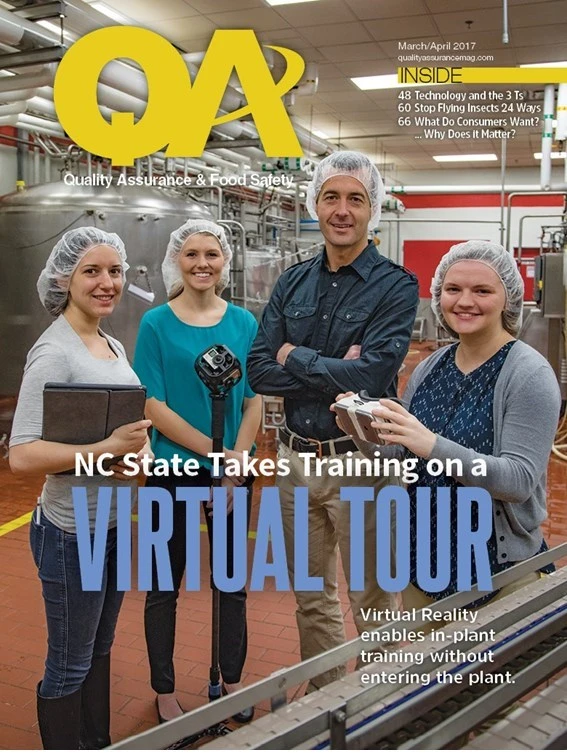
Explore the April 2017 Issue
Check out more from this issue and find your next story to read.
Latest from Quality Assurance & Food Safety
- Ferrero Group Invests $445 Million in Ontario Production Facility
- Nelson-Jameson Announces Grand Opening for Pennsylvania Distribution Center
- Taylor Farms Linked to Romaine E. coli Outbreak as Marler Clark Files Multiple Lawsuits Against Supplier
- IAFNS Announces Winners of Emerging Leader Awards for Food Safety, Nutrition
- FDA Shares Testing Results for PFAS in Bottled Water
- Provision Analytics Adds Food Safety Expert Jennifer Williams to Strategic Advisory Group
- Boston Sword & Tuna Protects Seafood Safety with Mettler-Toledo Metal Detectors
- IFT Releases New Resources to Aid Food and Beverage Industry in Sugar Reduction
